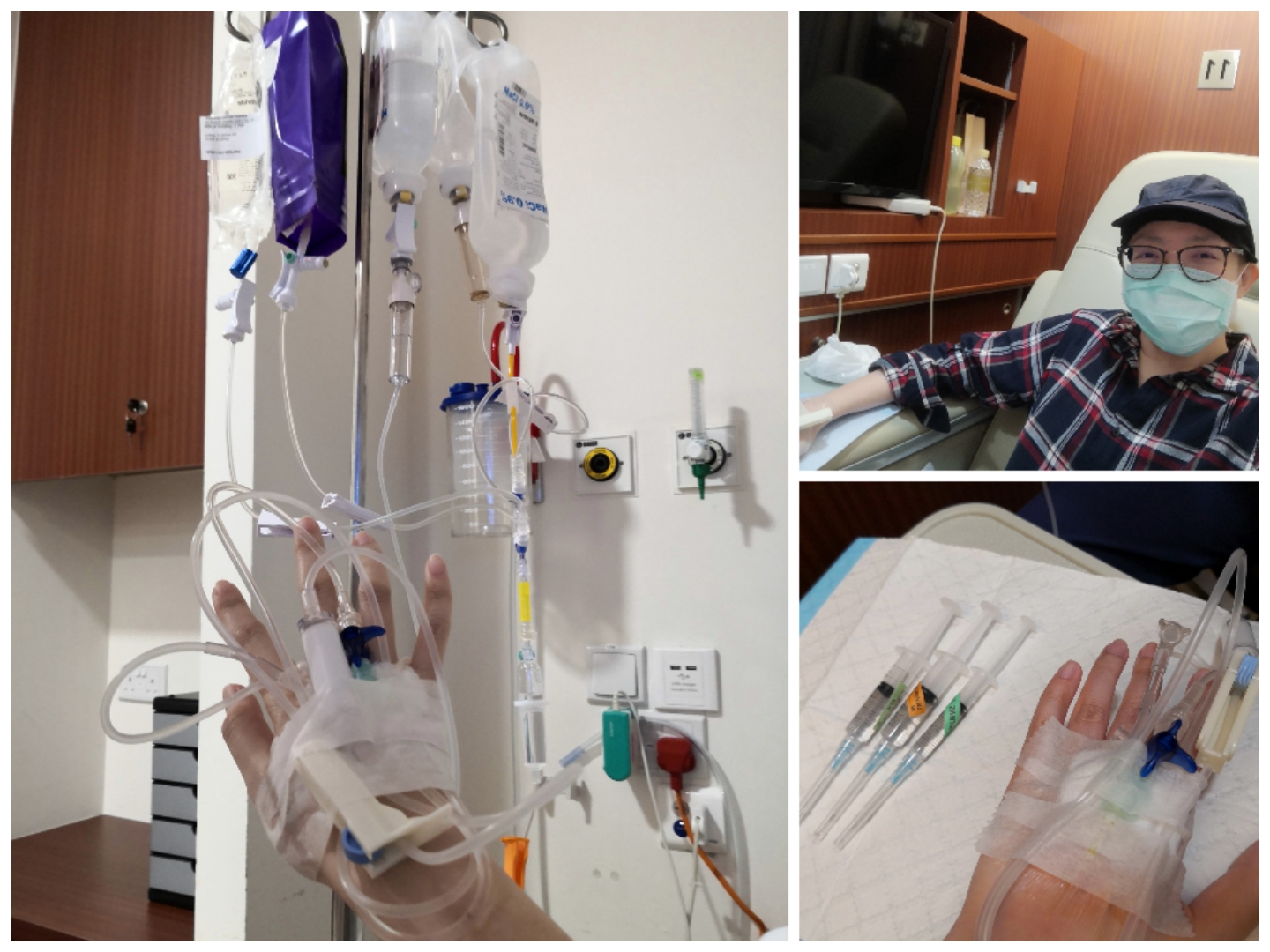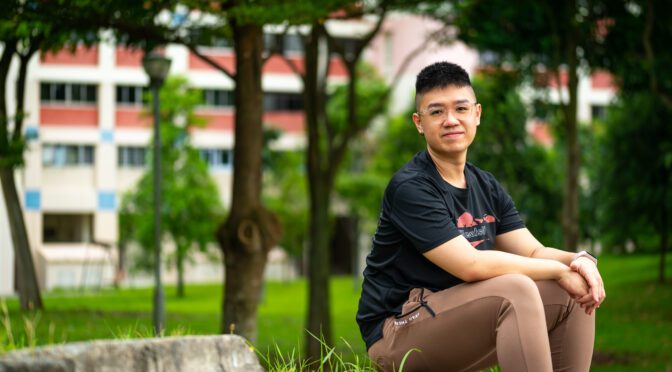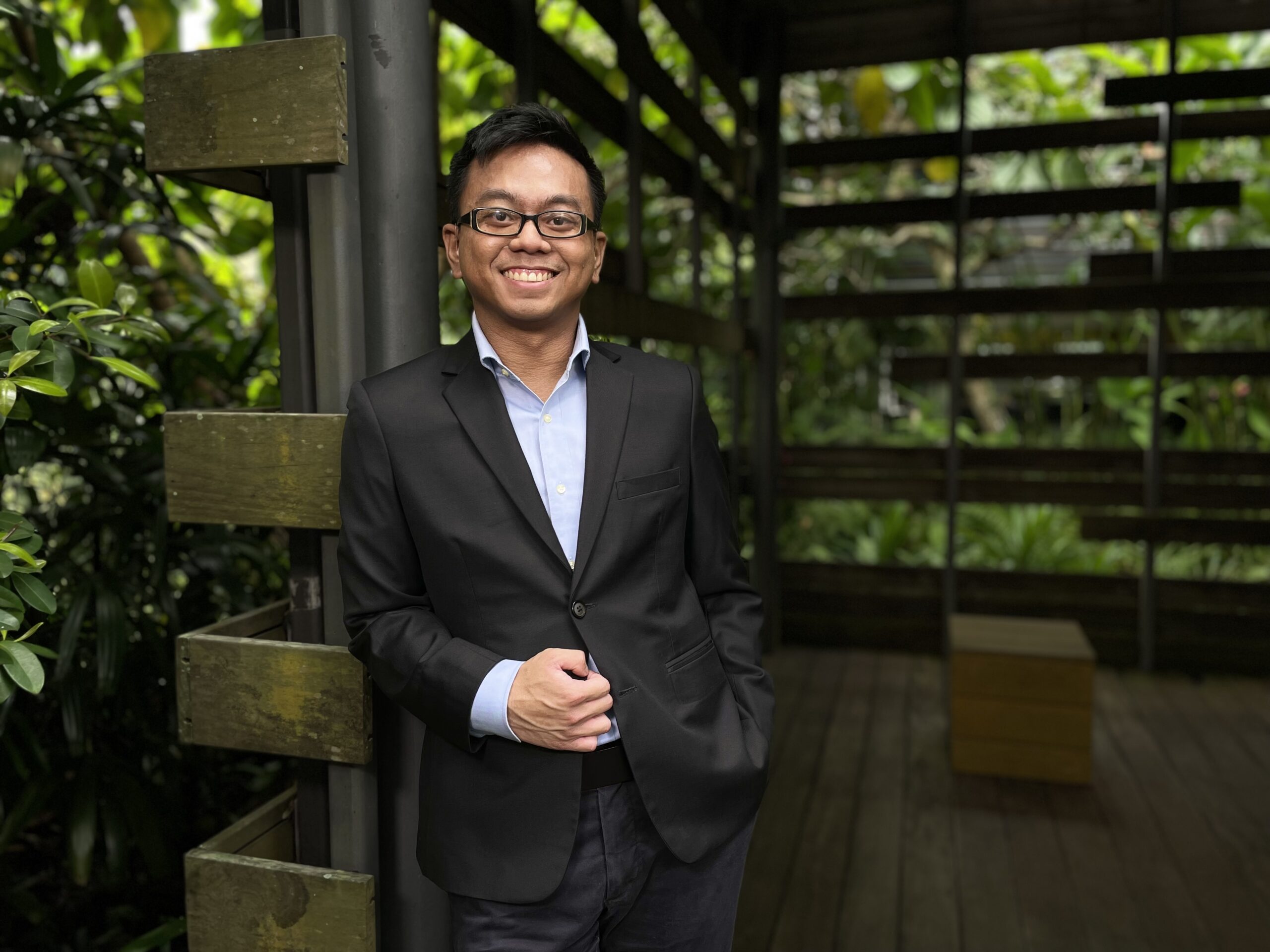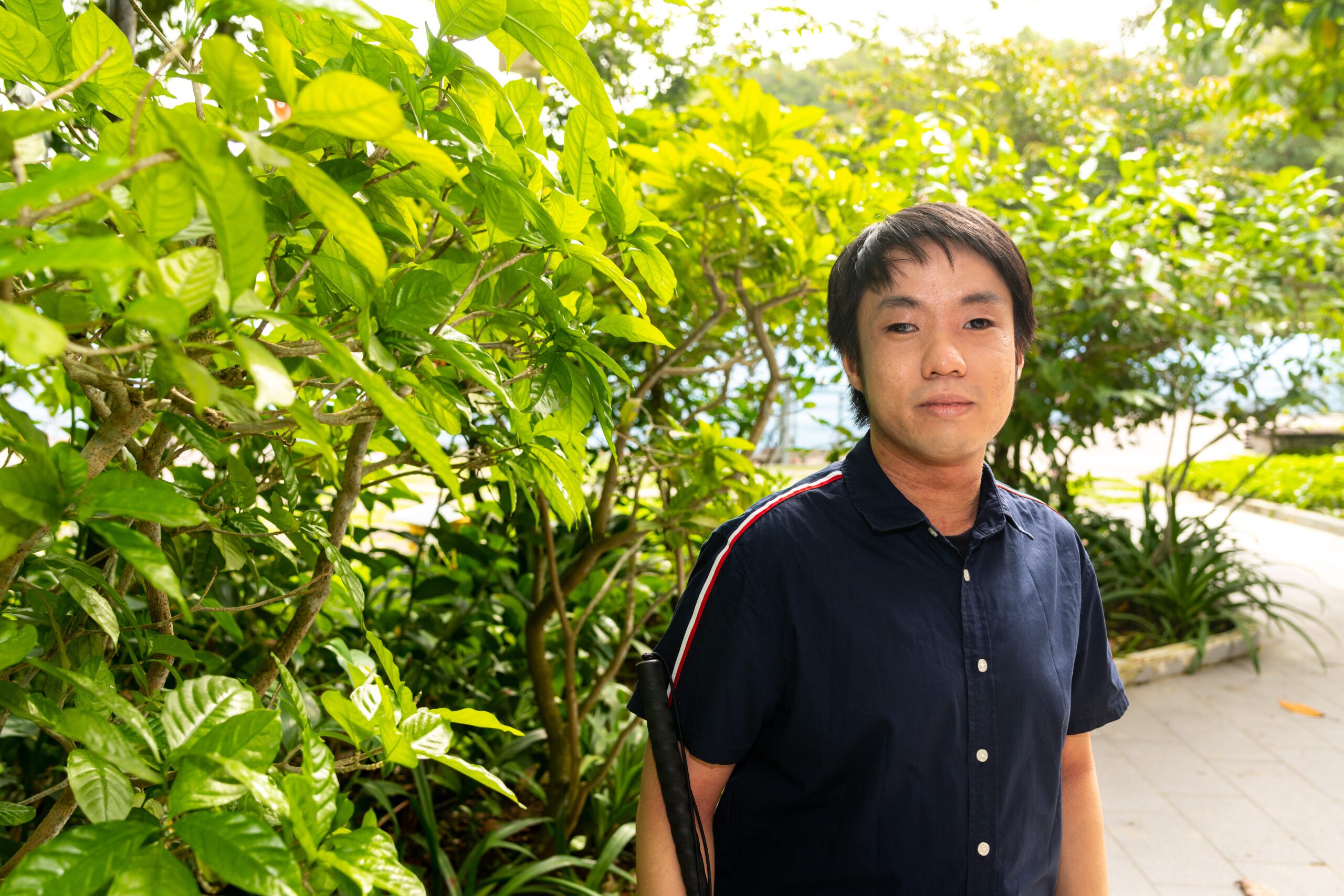All the signs pointed to it. The lumps in her breasts, first detected circa end of 2019, which Wenjing thought could be removed with a minor surgical procedure. The doctor’s steely gaze as he raised his preliminary concerns during the first biopsy. The grimness in his voice, inflected with hesitancy, as he asked that she head down to his clinic — a negative pathology report would not have warranted an in-person consultation.
Wenjing’s heart raced as she awaited the doctor to withdraw his gaze from the report file. ‘Unfortunately, it is stage-two cancer,’ said the doctor finally, breaking the news to a woman in her thirties whose vision of a life did not include medical appointments and pumping chemotherapy drugs into her body. Tears swiftly bedewed Wenjing’s cheeks. She could feel the whoosh of air as the nurse rushed to her side, resting her gentle hands on her shoulder. A torrent of encouraging words poured out of the stranger’s mouth.
‘It’s okay,’ Wenjing replied with an effort. ‘I’m not upset. I’m actually tearing because I’m in pain,’ she quipped. The multiple incisions on her breasts from the second biopsy conducted just hours prior to this appointment were still raw and bruising.



